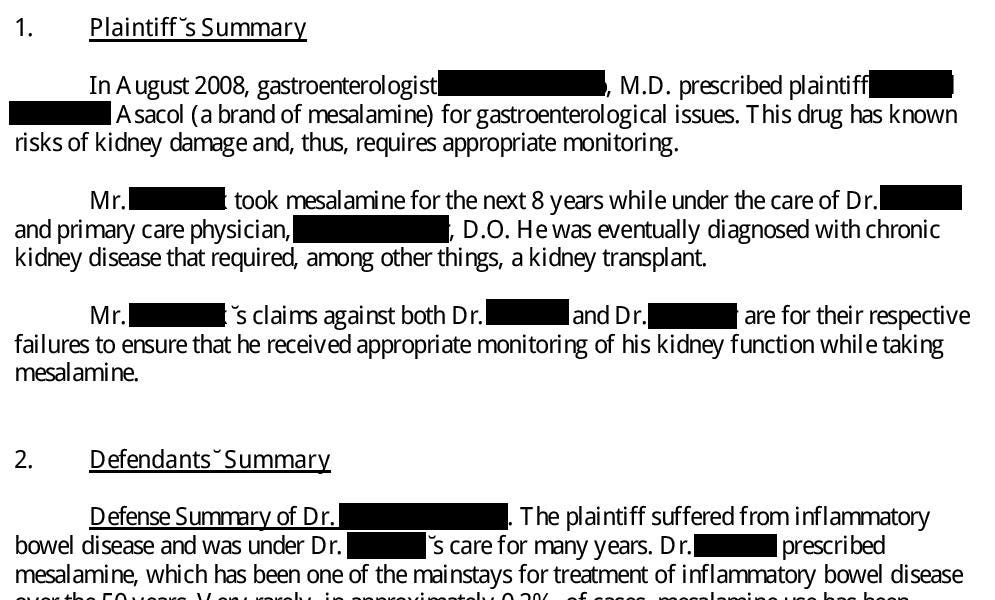- Joined
- Jan 18, 2008
- Messages
- 12,729
- Reaction score
- 4,899
Now I see pro cal ordered by everyone and anyone as the “bacteria barometer” versus using it as a way to deescalate antibiotics more quickly in sepsis .
On the consults for pneumonia I get, procal borderline high vanc zosyn becuase the patient was in a rehab center recently or something … unimpressive cxr - no sputum Cx or urine antigens ordered - when I talk to the patient the patients Tend to tell me sure I’ll give you sputum just give me a cup!
You're going to give me a stroke.
Next you'll tell me they order procal for patient with staph aureus bacteremia (which, I've seen).

